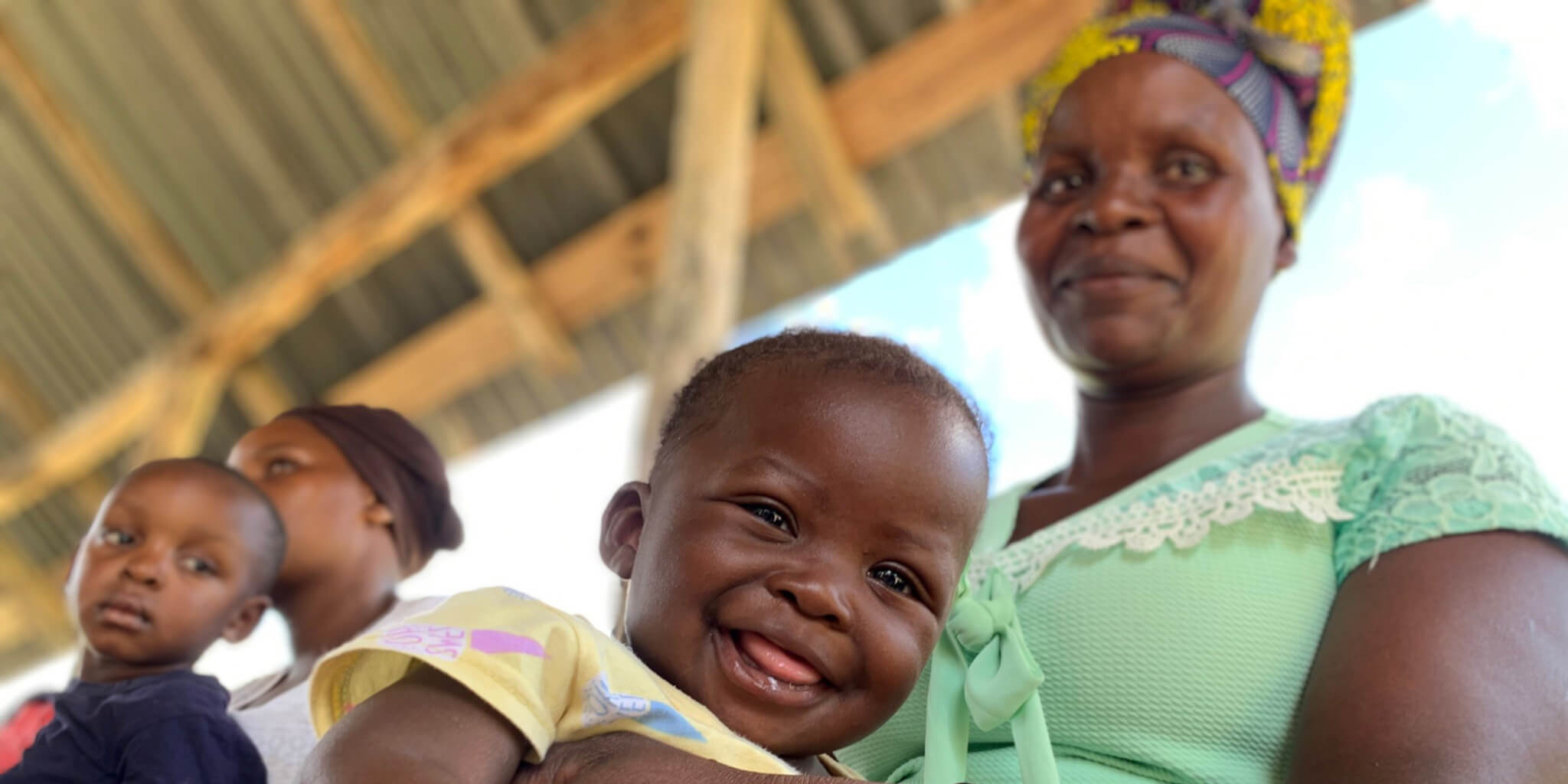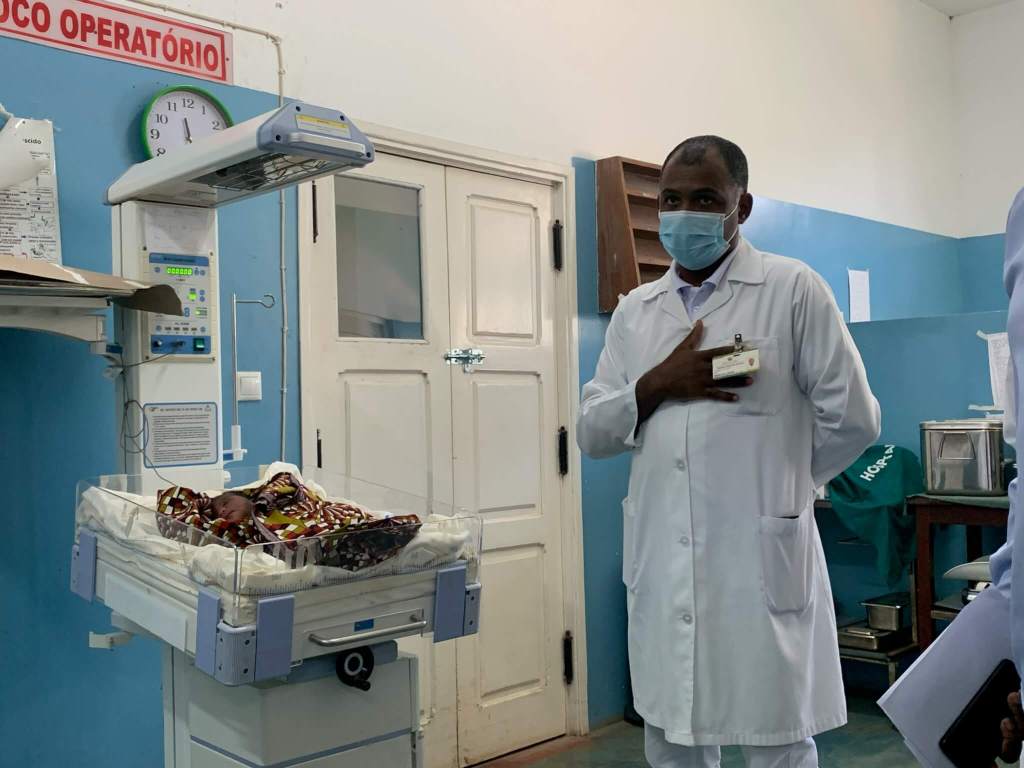
ATLANTA – In Mozambique, over half of the population must walk an hour or more to reach a health facility, with only three doctors available for every 100,000 people. Facing these obstacles to medical care, many pregnant women experience delivery complications that put the life of mother and child at risk.
The Chicuque Expectant Mothers’ Waiting House is a comfortable place for pregnant women with high-risk pregnancies or for those who live a great distance away. Located within the grounds of Chicuque Rural Hospital, the waiting house provides women with a place of respite and security in the days before their delivery, so that they are spared from trying to rush to the hospital from their homes once labor has started.
But in 2017, Chicuque Rural Hospital, along with its waiting house, sustained major flood damage from Cyclone Dineo. The waiting house’s zinc ceiling continues to disintegrate from the salty sea air and the corrosive juice of berries that drop on it from a nearby tree.
Since the storm, the hospital’s emergency unit has been repaired, a new emergency patient alert system installed, and basic furnishings and medical supplies replaced. And the building that has been a haven for expectant mothers is being fully renovated to shelter and support more women as they await the births of their newborns.
As one mother explained, “We came here to wait for the birth for about a week because we were told that the child was too big…Fortunately, the delivery was normal with the assistance of doctors and there were no problems.”

In 2023, hundreds of women have stayed at the home, remaining an average of five days each. This space keeps expectant mothers safe, reduces labor complications and infant mortality rates in Mozambique, and gives babies a healthy start to life.
Global Health
Through United Methodist conferences and health boards, Global Ministries works to strengthen whole networks of health responses, from revitalization of facilities and staff training to building better water sources, developing sanitation facilities and promoting nutrition. Global Health concentrates on eradicating preventable diseases, such as malaria, HIV and AIDS, and COVID-19, and supporting the most vulnerable populations, including mothers, newborns and children.
Support the work of global health.

